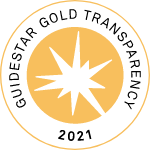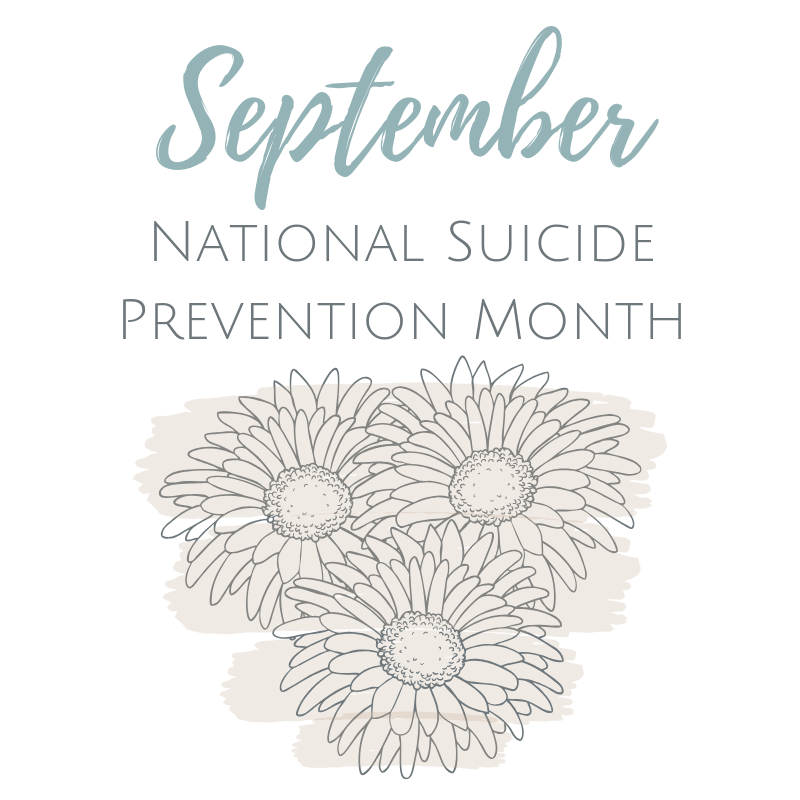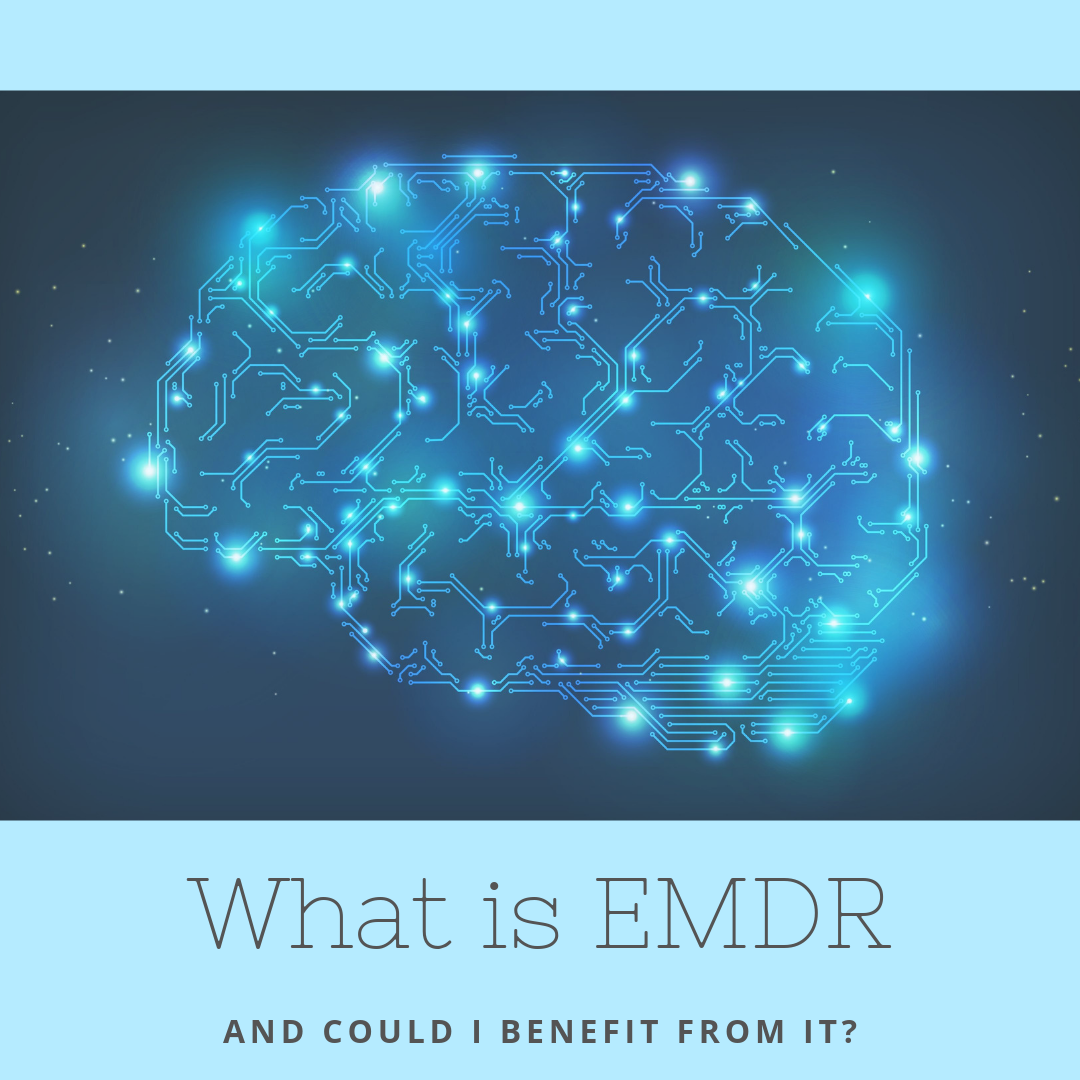|
Suicide is a hard topic, and it never gets easier to talk about it. We’ve collected some of our thoughts on suicide and reaching out for help in honor of National Suicide Awareness Week.
What to do if you are having suicidal thoughts First, if you are having thoughts of suicide make a promise to yourself to wait at least 24 hours. Your thoughts do not have to become actions. After making yourself this promise reach out for help. Even if you feel alone there are many people in your life who want to support you. Do it right now. If you cannot find someone to reach out to or they do not understand call the National Suicide Prevention Lifeline at 1-800-273-TALK (8255) or text the Crisis Text Line (text HELLO to 741741). These are free services available 24 hours a day, seven days a week. If you need immediate help you can call 911. The Impact of Suicide Second, suicide is becoming a major public health concern in the United States. In 2017 it was the 10th leading cause of death overall (NIMH). The National Alliance on Mental Illness found that 1 in 5 adults with experience a mental health concern and come from a variety of racial, ethnic, and gender groups. How do I know if someone I love is struggling with thoughts of suicide? Common signs and symptoms of suicidal thoughts include:
Ways to cope with suicidal thoughts and feelings Positive things to add to your life include:
Negative things to remove from your life include:
How can I help? Listen. Notice your family and friends. Sometimes when a person is having suicidal thoughts it can feel impossible to reach out. Check on your people you know have struggles, check on your people who are always there for others, check on your people because you can, check on your people when you notice they are “off”, just check on your people. Ask. Asking someone if they are thinking about hurting themselves or if they feels safe with not “put ideas in their head”. Asking your people lets them know you are a safe person to engage this conversation with. If someone shares they are having suicidal thoughts with you, take their concerns seriously and help connect them with a safe space.
0 Comments
Eye Movement Desensitization and Reprocessing, also known as EMDR, is a therapy treatment originally designed to reduce stress related to PTSD and other traumas. This treatment modality has gained a lot of popularity since its founding in the late 1980s and has been utilized as a gold standard treatment for several mental health concerns over the past 25 year.
So what exactly is EMDR? EMDR harnesses the brain’s natural tendency to move toward mental health by encouraging the system to consider past disturbing events in a detached way. The brain does this by following clinician-led bilateral (two ways, side to side, and often left to right) movements or sounds with the goal of replacing maladaptive or negative thoughts with more adaptive or positive thoughts. The most popular bilateral method uses eye movements which mimics REM sleep (the good, deep, reparative sleep). So you’re saying it’s hypnosis? No, it’s not hypnosis! The client is fully awake, fully aware, and fully able to control the processing experience. The processing time is a lot like watching a movie of past life events going by—you might experience them by feeling some of the past emotions and body sensations but you do not have to fully re-experience the event. How long does EMDR take? Much like other methods of counseling there is no one answer that fits for everyone. EMDR is an eight-phase treatment and depends on the presenting concerns of the client as to how quickly they will move through each phase. Some research does suggest that one processing session is equivalent to 6 talk therapy sessions. EMDR has 8 phases? You read that right. EMDR has 8 phases. Here’s a brief description of the phase: Phase 1 is a history taking phase. These sessions focus on naming memories and events the client wants to processes. The clinician is evaluating the client’s readiness to begin processing and helps tailor the EMDR treatment to the client. This is also the best time for clients to share any nervousness they have about processing. Phase 2 focuses on preparing the client for success by teaching the client specific, detailed self-soothing and coping techniques to handle different levels of emotional stress. Phases 3-6 are the processing phases and take the most time. These are the sessions where bilateral movements are utilized and memories are processed. Phase 7 is the closing phase where the processing is evaluated. Phase 8 closes the EMDR treatment and addressed progress and future direction. Who can benefit from EMDR? EMDR can be utilized with a variety of clients of all ages (children, teens, and adults) wishing to work through a variety of concerns. EMDR has had the most success with Post-Traumatic Stress Disorder (PTSD). Clients with other traumatic and stressful situations, anxiety, and panic disorders have also seen great benefits from EMDR. If someone is experiencing heightened, distressing, and long-term emotional responses around specific events and experiences they might benefit from EMDR. How do I get started? Bethel Haven has an EMDR trained clinician that can help identify if this modality could be helpful for you. You can call the office to set up an appointment. |
Bethel HavenWritten by our counselors to help promote your help, hope, healing Archives
June 2021
Categories |

1622 Mars Hill Road Suite A Watkinsville, GA 30677
P: 706-310-9046
[email protected]
Bethel Haven, Inc.
Copyright © 2016


 RSS Feed
RSS Feed
